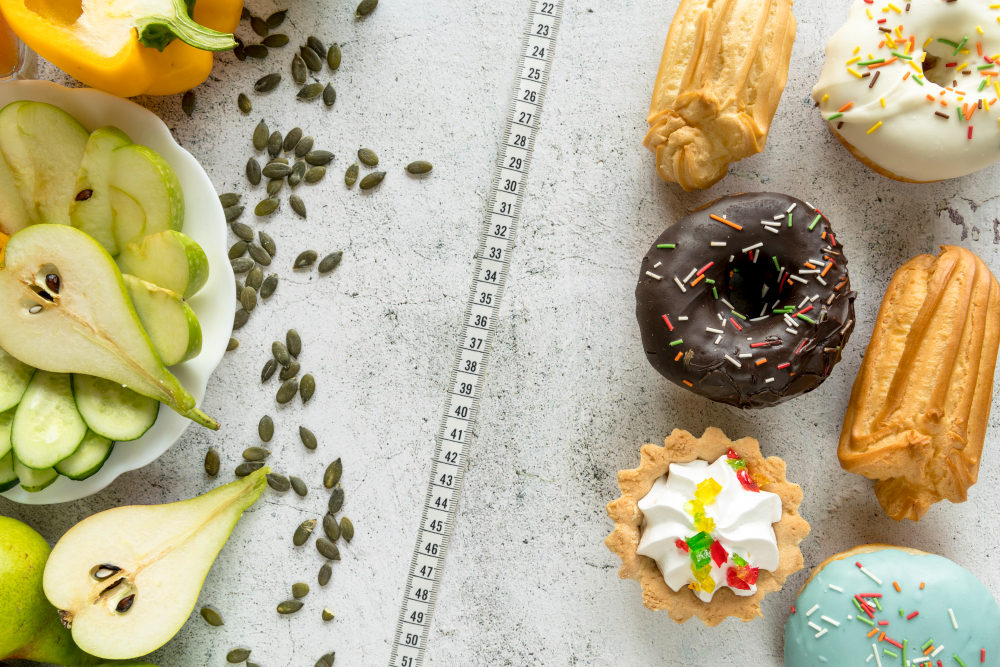In moments of illness, our bodies undergo various physiological changes as they combat pathogens and restore equilibrium. One common question that arises during sickness is whether our calorie burn increases as our bodies fight off infections. In this article, we’ll delve into the complex relationship between illness and calorie burn, examining factors that may influence energy expenditure during sickness, and debunking common myths surrounding this topic.
Understanding the Basics
When the body is under attack from viruses or bacteria, it mounts a defense response known as the immune response. This process requires energy, as the body mobilizes resources to produce immune cells and molecules to combat the invading pathogens. As a result, the body’s metabolism may increase slightly during illness to support the immune system’s efforts. However, the extent to which calorie burn is elevated during sickness varies depending on several factors, including the severity of the illness, the individual’s metabolic rate, and overall health status.
A Temporary Boost in Calorie Burn
One of the most common symptoms of illness is fever, characterized by an elevated body temperature above the normal range. Fever is the body’s natural response to infection, as higher temperatures can help inhibit the growth of certain pathogens and enhance the function of immune cells. While fever does increase metabolic rate and calorie burn to some extent, the effect is generally modest and temporary. Studies have shown that for every degree Celsius increase in body temperature, calorie expenditure may rise by approximately 7-10%, but this increase is unlikely to significantly impact overall energy balance.
A Key Determinant of Calorie Burn
Resting metabolic rate (RMR), or the number of calories the body burns at rest to maintain basic physiological functions, plays a significant role in overall calorie expenditure, both during sickness and health. While illness may temporarily elevate RMR due to the energy demands of the immune response, the effect is typically small compared to other factors such as age, gender, body composition, and physical activity level. In fact, some studies have suggested that RMR may actually decrease during certain types of illness, particularly during prolonged periods of bed rest or immobilization.
The Missing Piece of the Puzzle
One factor that can significantly influence calorie burn during sickness is physical activity level. While it’s common for individuals to reduce their activity levels when they’re feeling unwell, staying active within the limits of one’s comfort and energy levels can help maintain calorie burn and support overall well-being. Light activities such as gentle stretching, walking, or yoga may be beneficial during mild illness, while more vigorous exercise should be avoided until symptoms improve. It’s essential to listen to your body and prioritize rest and recovery when needed.
Fueling the Healing Process
Another critical aspect of calorie burn during sickness is nutritional intake. The body requires adequate energy and nutrients to support the immune response and repair damaged tissues. While appetite may fluctuate during illness, it’s important to consume nutrient-rich foods that provide essential vitamins, minerals, protein, and antioxidants to support recovery. Focus on hydrating fluids, such as water, herbal tea, and broth, as well as easily digestible foods like soups, fruits, vegetables, and lean proteins.
Navigating the Complexities of Calorie Burn During Sickness
In conclusion, while illness may temporarily elevate calorie burn due to factors such as fever and immune activation, the overall impact on energy expenditure is relatively modest and varies depending on individual factors. Rather than focusing solely on calorie burn during sickness, it’s essential to prioritize rest, hydration, nutrition, and symptom management to support the body’s natural healing process. By listening to your body’s cues and seeking appropriate medical care when needed, you can navigate the complexities of illness with grace and resilience, allowing your body to recover and thrive in due time.




